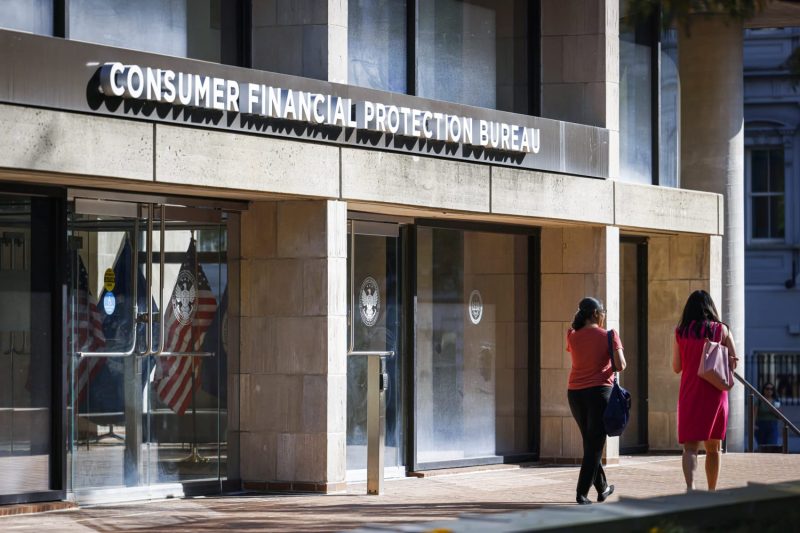
Breakthrough CFPB Rule Set to Save Americans $10 Billion Annually in Late Fees Threatened by Last-Minute Freeze
The Consumer Financial Protection Bureau (CFPB) Rule to Save Americans $10 Billion a Year in Late Fees Faces Possible Last-Minute Freeze
The Consumer Financial Protection Bureau (CFPB) has long been in the business of safeguarding consumers from harmful financial practices. The most recent rule proposed by the CFPB aims to save Americans an astonishing $10 billion per year in late fees alone. While this regulation has the potential to bring about much-needed relief to millions of Americans struggling with financial obligations, it faces a last-minute freeze that could jeopardize its implementation.
Late fees have always been a point of contention for consumers, especially those living paycheck to paycheck. These fees, which are charged when a payment is not made on time, can quickly add up and push individuals further into debt. The CFPB’s proposed rule seeks to address this issue by imposing limits on the amount that lenders can charge in late fees.
One of the key provisions of the rule is a cap on late fees, ensuring that consumers are not burdened with exorbitant charges for minor delays in payment. By setting a reasonable limit on these fees, the CFPB aims to protect consumers from predatory lending practices and help them manage their finances more effectively.
Moreover, the rule includes measures to increase transparency in fee disclosures, making it easier for consumers to understand the terms of their financial agreements. This transparency is crucial in empowering individuals to make informed decisions about their finances and avoid falling victim to hidden fees and charges.
Despite the potential benefits of the CFPB’s rule, it now faces a possible last-minute freeze that could delay or even derail its implementation. Critics of the rule argue that it could have unintended consequences, such as limiting access to credit for certain consumers or increasing borrowing costs.
While it is essential to consider all perspectives in the rulemaking process, it is crucial not to lose sight of the overarching goal of protecting consumers from harmful financial practices. The CFPB has a duty to prioritize the well-being of American consumers and to take decisive action to address issues that disproportionately impact vulnerable populations.
In conclusion, the CFPB’s rule to save Americans $10 billion a year in late fees represents a significant step toward promoting financial security and stability for millions of individuals. Despite facing potential obstacles, the CFPB must stay committed to its mission of protecting consumers and ensuring fair and transparent financial practices. Only by continuing to advocate for consumer rights and well-being can the CFPB fulfill its mandate and make a lasting impact on the financial well-being of all Americans.
